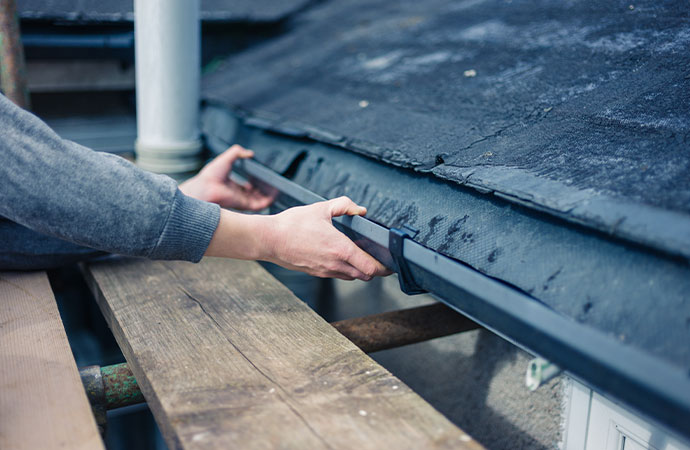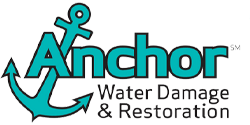Avoid Water Damage Inside and Outside Your Home
It only takes minutes for water to create a significant amount of damage in your home. Make sure that you take preventative action to avoid water damage in Salt Lake City, both inside and outside your home. You must react quickly when you see a leaky roof or flooding so that you can prevent more damage and higher repair costs.
Water contamination can expand to other areas of your home or office within minutes. Moisture-sensitive surfaces can swell up and disfigure. Paper records and books can be ruined and fabrics that get water on them can cultivate watermarks. Carpets can develop furniture stains that are typically permanent.
Tips to Avoid Water Damage Inside and Outside Your Home

- Examine your rain gutters and clear them out of any debris or leaves. Make sure they are draining properly and have no place where water would build up inside them.
- Maintain the trees and vegetation outside your home. Check any landscaping near your utility pipes. You don’t want their roots to wrap around piping and break them. Remove shrubs and trees that have grown too big.
- Inspect your roof and make sure it is in good condition. If you find any cracked, curled, or missing shingles then replace them right away.
- Look through all your sink supply lines in your kitchen and bathrooms including showers and tubs. Tighten or fix any leaking drain pipes.
- Check out your appliances every few weeks to be sure they have no leaks and function according to specified directions.
- Upgrade the hoses of your washing machine. Brittle, leaky, or old washing machine hoses are a common cause of water loss. Replace them regularly to avoid a big mess and costly damage.
- Inspect the water pressure coming into your home. If it is set too high, your hoses and pipes could fail under the pressure. Purchase a water pressure gauge at a hardware store and attach it to an outside faucet. Then turn the faucet on all the way. You should get a reading from the gauge of your home’s water pressure. Average residential water systems are meant for 40 to 70 psi of water pressure. If it exceeds 100 psi, you should install a pressure regulator.
- Set up water detection devices where a flood or leak is most likely to occur. This is a small electronic device that will emit an alarm when the sensor comes in contact with moisture. Install them near washing machines, toilets, water heaters, sump pumps, and dishwashers.
- Keep an eye on your water bill. If you see your water usage escalate from one month to another without knowing why, there might be a leak somewhere. You will need to check.
If you do encounter a flood and you’re not sure what to do, contact a water restoration professional like Anchor Restoration. You can call us 24/7 with any type of emergency flooding or mold problem. We provide emergency flood repair all over the SLC area.








